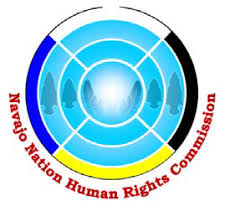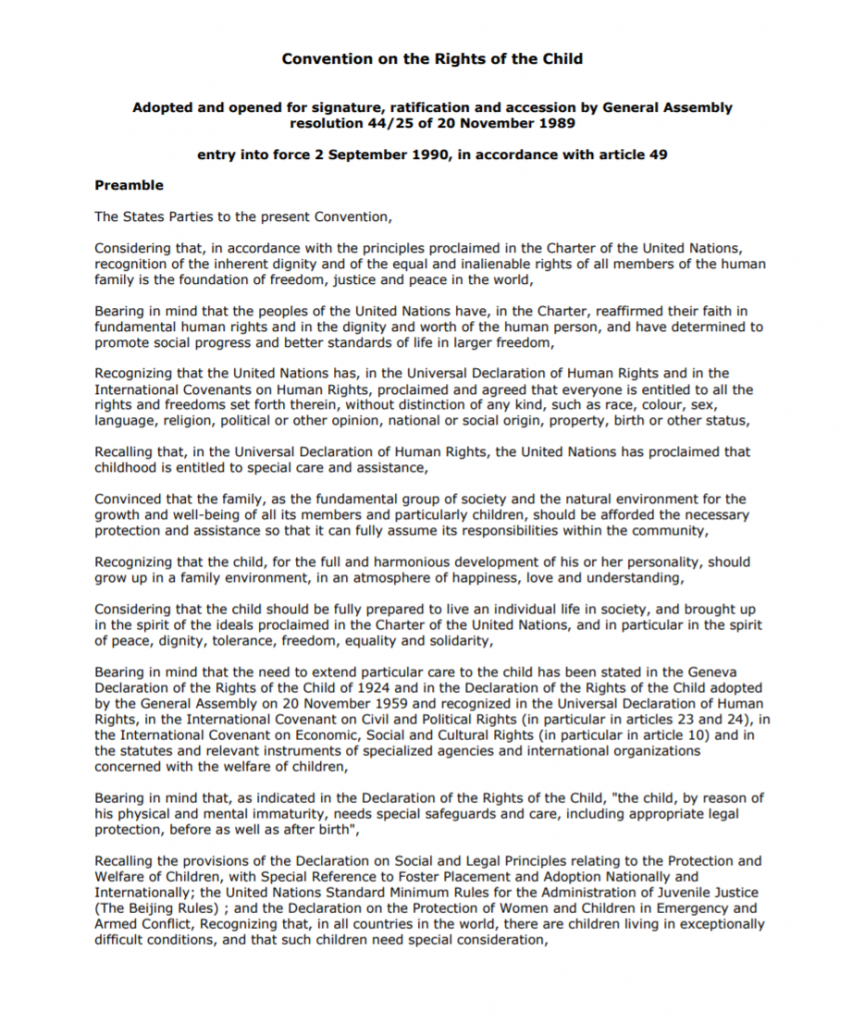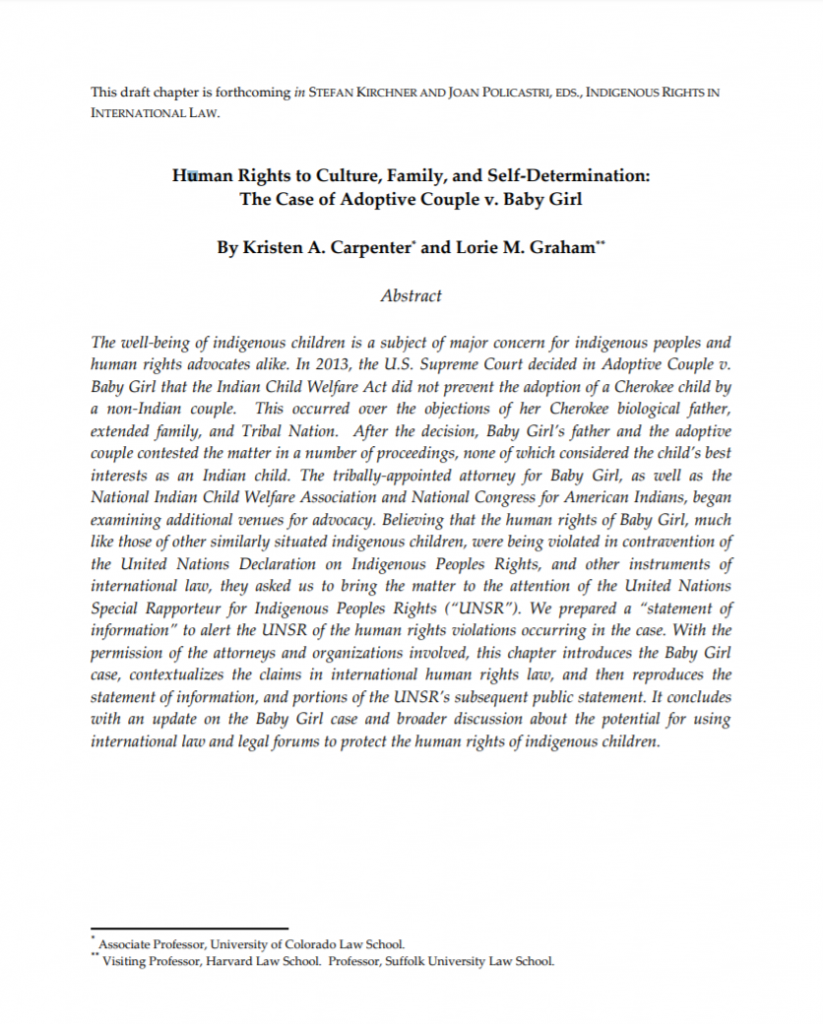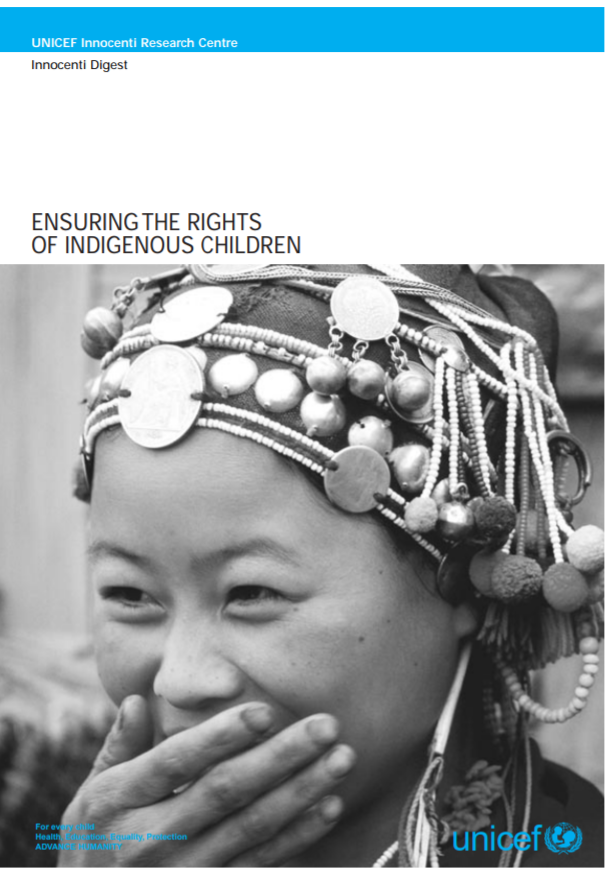In the Indian Child Welfare Act of 1978 (ICWA), the U.S. Congress recognized that “there is no resource that is more vital to the continued existence and integrity of Indian tribes than their children and the U.S. has a direct interest, as trustee, in protecting Indian children who are members of or are eligible for membership in an Indian tribe.” ICWA has resulted in marked improvements for Indian children and Indian families in the child welfare system. However, inconsistent application of, and sometimes outright resistance to, ICWA mean that its promise still is not fully realized. In addition, ICWA speaks largely to only one aspect of the general welfare of Indian children—their treatment in the child welfare system—and fails to address education, child labor, and other issues that confront Indian children every day.
The Declaration, if implemented in U.S. law and relied upon by U.S. courts, could help bring consistency to ICWA implementation. Articles 3, 7, 8, 9, 14, 17, and 22 of the Declaration recognize indigenous peoples’ rights, among others, to self-determination, to belong to their indigenous nations, and to be free from assimilation, discrimination, and acts of genocide, including the forced removal of their children.
Resources:
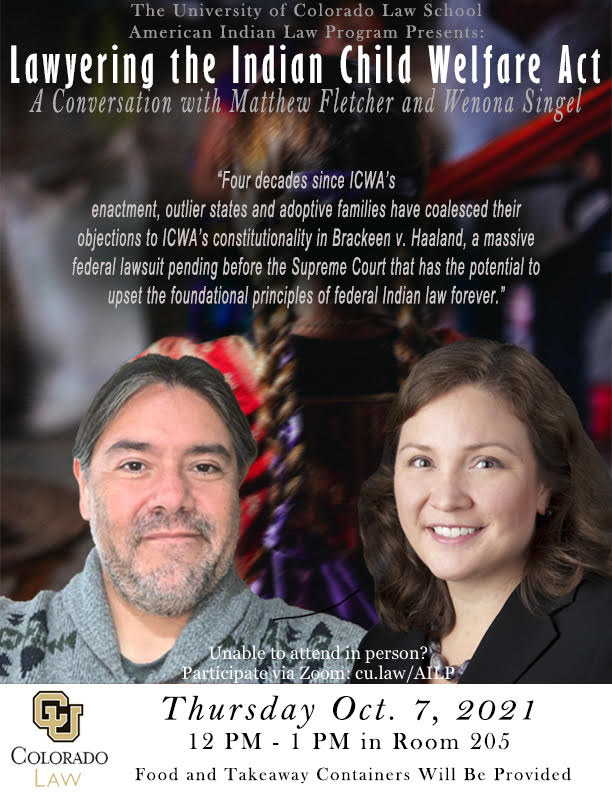
Lawyering the Indian Child Welfare Act: Colorado Law American Indian Law Program Hosts ICWA Experts, Talk About Brackeen Case
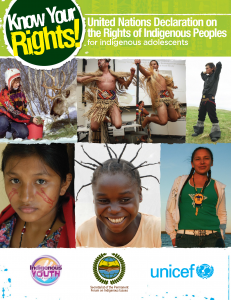
Guide: Know Your Rights! United Nations Declaration on the Rights of Indigenous Peoples for Indigenous Adolescents
